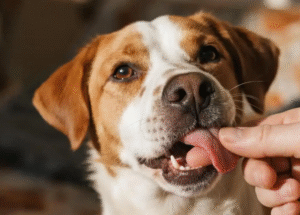Biex tiddijanjostika l-marda ta 'qattus, wieħed jista 'jibda b'bidliet sottili fl-istat ta' kuljum tiegħu, li ħafna drabi huma sinjali kruċjali.
- L-ewwel, check your appetite. If you don’t touch your favorite food or canned food for more than 12 hours or even avoid it when you see it, it may be due to problems with your digestive system, mouth, or other organs. You need to pay more attention.
- Observe your mental state again. Healthy cats are either lively and active, or they sleep regularly. If they suddenly become lethargic, always curl up in corners, and do not respond even when teased, or conversely become abnormally excited and flustered, it may be a sign of illness.
- defecation and urination should not be ignored. Observe the litter box every day. If you find that the cat has not defecated for several days, or the stool is loose and bloody; Increased or decreased frequency of urination, or even inability to urinate, with abnormal colors such as red or brown, may indicate urinary or digestive system diseases that require timely treatment.
- Body temperature: Normal cat body temperature is between 38-39 ℃. If the body temperature is measured too high or too low using a thermometer (measured from the anus or inner hind legs), combined with shortness of breath, dry nose, and fever, it is likely to be caused by infection or inflammation. Do not delay seeking medical attention.






